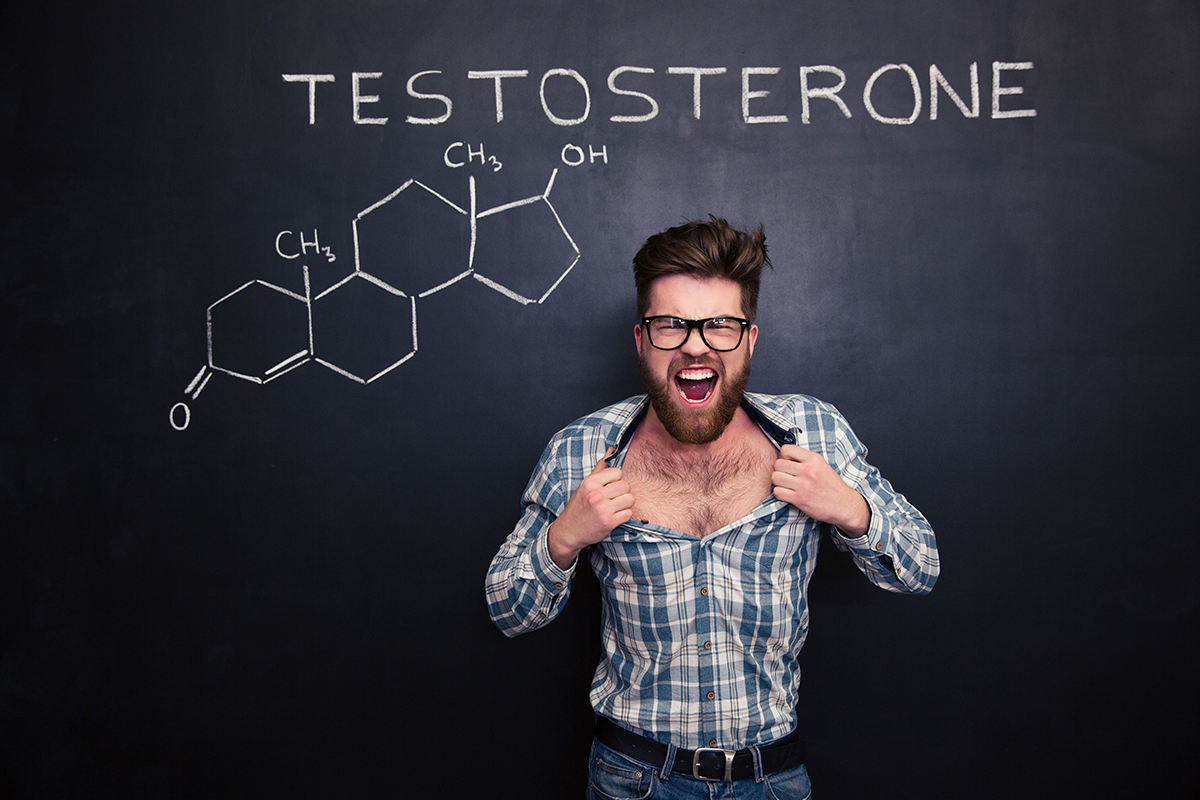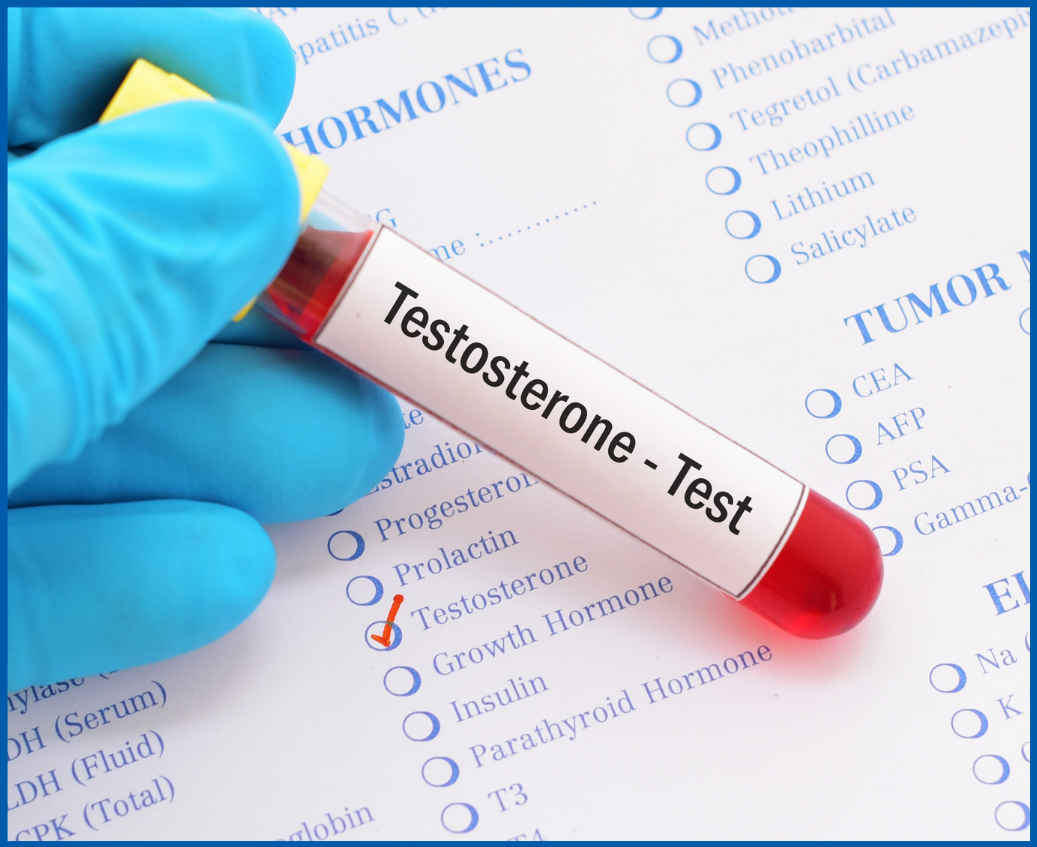Published by: Michael Bedecs The news last week that some big box chain stores are jumping on the “weight loss bandwagon” and offering semaglutide is troubling. We’re fully in favor of making this life-changing medication accessible to those who medically qualify,...
Myths and Misconceptions of TRT – What the Medical Professionals Are Discussing
Conveniently located to serve Portland, Scarborough, and Cumberland County Book a Free, Confidential ScreeningMyths and Misconceptions of TRT – What the Medical Professionals Are Discussing

Additional Blogs:
Are women “suffering enough” to get treatment?
Published by: Age Management Center “In the U.S., an estimated 6,000 women daily and more than 2 million women yearly reach menopause. With an average life expectancy of 81, women are spending greater than one-third of their lives in menopause.” Mayo Clinic Menopause...
A prescriber’s take on Oprah’s TV special “Shame, blame and the weight loss revolution”
For anyone that didn’t catch Oprah’s recent TV special "Shame, blame and the weight loss revolution”, we hope that you can take time to find it on Hulu or ABC, because there are so many powerful stories and messages that we wish our clients, and those considering...
Debunking Misconceptions: The Importance of Personalized Therapy in Menopause Care
Published by: Age Management Center Recently, The Lancet published a series highlighting concerns about the over-medicalization of menopause, sparking discussions about the treatment approaches for this transitional phase in a woman's life. While we wholeheartedly...
Empowering Women’s Health: Pellets vs. Individually Customized Balancing [ICB] in Hormone Therapy
Every woman’s journey through hormone replacement therapy (HRT) is unique and we believe that women should have the freedom to choose the HRT method that aligns with their preferences and lifestyle. That’s why we proudly offer a range of options, including...
Last month I was called upon to present at the 2021 Maine Association of Physician Assistants (MEAPA) Conference on the Myths and Misconceptions of Testosterone Replacement Therapy. During this annual conference, medical providers gather to discuss research, best practices and insights on acute and primary care medicine with the aim to advance our level of care for individuals in Maine.
 Having practiced medicine for more than 10 years, I understand some of the initial skepticism with regard to TRT, particularly in light of past studies that still circulate today. In general, many of those studies I hear my peers reference have significant weaknesses in both methodology and data sets, leading to the spread of grossly under-informed data and takeaways (a bit more on that in my last blog post). On top of these studies come misconceptions and misuse around performance enhancement. Not to mention that in the traditional medical model, providers are tasked with diagnosing and treating specific pathologies rather than addressing a patient’s overall wellness. In other words, getting a patient back to “normal” versus getting them to “optimal”.
Having practiced medicine for more than 10 years, I understand some of the initial skepticism with regard to TRT, particularly in light of past studies that still circulate today. In general, many of those studies I hear my peers reference have significant weaknesses in both methodology and data sets, leading to the spread of grossly under-informed data and takeaways (a bit more on that in my last blog post). On top of these studies come misconceptions and misuse around performance enhancement. Not to mention that in the traditional medical model, providers are tasked with diagnosing and treating specific pathologies rather than addressing a patient’s overall wellness. In other words, getting a patient back to “normal” versus getting them to “optimal”.
The fact is:
- 4-5 million+ men in the US have some degree of hypogonadism, more commonly known as low testosterone;
- 60% of men over age 65 have free testosterone levels below the “normal level” for men half their age (30-35);
- Despite these figures, only around 5% of those males are being treated.[1]
Yet a big question often remains—why do optimal testosterone levels matter so much?
Testosterone affects so many facets of a man’s life: libido, sexual energy, muscle mass, strength, endurance, bone density, mental clarity, cognitive skills and an overall sense of well-being. Additionally, declining testosterone levels are also linked to increased morbidity/mortality.[2]
Low testosterone in males is associated with obesity, cardiovascular and metabolic disease, diminished muscular, cognitive and sexual function and changes in body composition.[3]
Testosterone matters, and not just for men.
During the latest MEAPA conference, I had the honor of discussing these issues with my colleagues, including the signs and symptoms of low testosterone in males, risk factors, accuracy of past studies, FDA guidance, and the pros and cons of various treatment methods.
Being informed means being able to offer the best level of care to our patient community. I’m grateful to have had the chance to share my insights on HRT last month, as well as to hear from my peers about their latest experiences and research in a variety of other fields.
If you are a provider and want to discuss how we might be able to help your patients optimize their wellness goals, or you are interested in learning whether a hormone replacement therapy program might be right for you, contact us today.
[1] Seftel, A. Male hypogonadism. Part I: Epidemiology of hypogonadism. Int J Impot Res 18, 115–120 (2006)
[2] Shores MM, Matsumoto AM, Sloan KL, Kivlahan DR. Low Serum Testosterone and Mortality in Male Veterans. Arch Intern Med.2006;166(15):1660–1665
[3] Huupponen, R., Huhtaniemi, I., & Lehtonen, A. (2009). Testosterone: Clinical relevance in ageing men. Reviews in Clinical Gerontology, 19(4), 249-261
